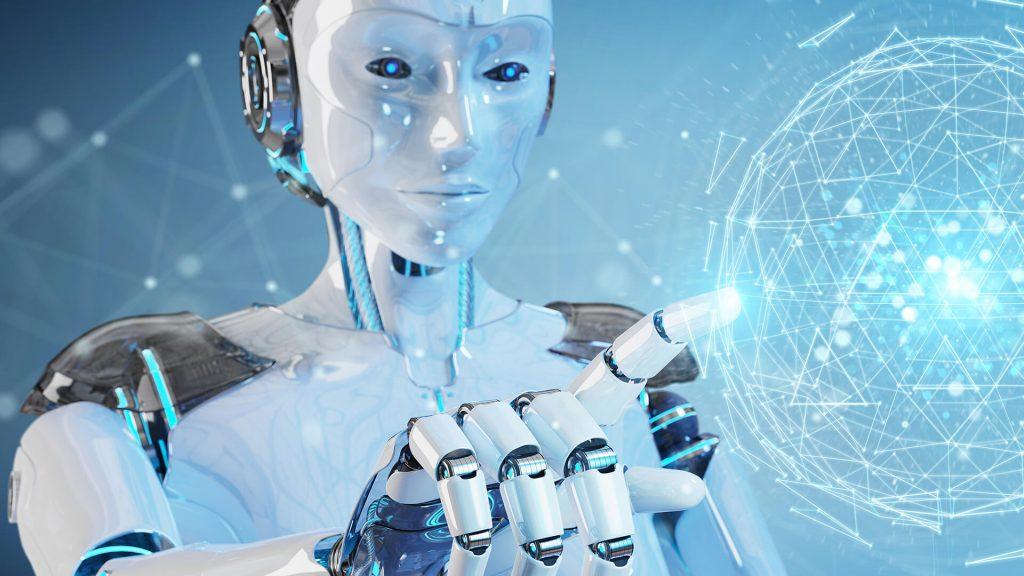Related Science
The subjects involved in robots have many subjects, mainly:
kinematics and kinetics, system structure, sensing technology, control technology, action planning And application engineering, etc.
Development History
my country's robotics has formed late, 1985, in several first-level learning, the robotic professional committee, in June 1987, China Electronic Society, China The "The First National Robotics Seminar", the Chinese Machine Engineering Society, China Automobile Engineering Society and the China Academy of Automobile Engineering, and the China Navigation Society, held in Beijing Temple, marking a good start of my country's robotics discipline, to October 2000 my country has jointly organized the 6th National Robotics Academic Conference and increased the China Artificial Intelligence Society, China Robotics Engineering Association, National High-tech Development Plan Intelligent Robot Expert Composite and Space Robot Expert Group and other four combined units, expanded Joint momentum.

With the development of industrial automation and computer technology, the robots began to enter a large number of production and practical application stages. After the need for actual problems such as automatic equipment marine development space exploration, the intelligence of robots has put forward higher requirements. In particular, the dangerous environment, people are difficult to compete, more urgently needed to drive research in intelligent robots.
The research of robotics has promoted the development of many artificial intelligence ideas, and some techniques can be used to establish a model of the world state and describe the process of changing world state. The research on the implementation of robot action planning generation and planning supervision and implementation, promoting the development of planning methods. In addition, because the robot is a comprehensive problem, in addition to robot and walking institutions, it is necessary to study the sense technology such as machine visual tactile hearing, and robotic language and intelligent control software. It can be seen that this is a comprehensive technology for designing precision mechanical information sensing technology and intelligent control and biological engineering. This topic study facilitates the promotion of mutual combination of all disciplines and greatly promotes the development of artificial intelligence technology.
facing puzzles
Robotics technology and robotics in many countries is relying on large joint, big cooperation achieves great development, the United States, Japan, Denmark, is an example of success . China's robot technology failed to achieve long-term development, in addition to traditional conceptual impact and government policy support, unable to conduct national "industrial research", a major reason.
The big development of my country's robot industry requires a harmonious environment, and national robots academic organizations are undoubtedly an essential elements of this environment. Academic joint organizations not only organize a broader robot academic exchange, providing forward-looking theoretical and technical support, but also creates excellent human environment and advanced cultural atmosphere for the development of robotics.
There is a problem
Some people worry: When the robot is installed on the brain chip, it will transcend human beings in intelligence, and even threat to humans.
Many scientists believe that such concerns are completely unnecessary. For intelligence, the robot's IQ is equivalent to the IQ of 4 years old, and the "common sense" of the robot is much farther than normal adults.
American scientist Robert Song said: "We can answer complex issues from 8-year-old children, and artificial intelligence procedures with common sense is still very far away." Japanese scientists Guangmao men also believe that: Even if the robot has common sense and self-replication, it is impossible to threaten humanity. China's scientist Zhou Hai is pointed out in the article published in 1990: Robot is not omnipotent; it can surpass humans in work strength, computing speed and memory function, but it is impossible to surpass humans in terms of consciousness, reasoning. In addition, the robot will become more "smart", but can only operate, serve humans, serve humans in accordance with the principles of development.
